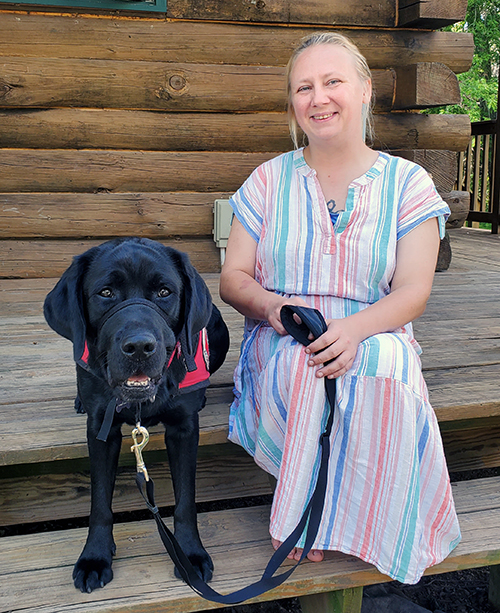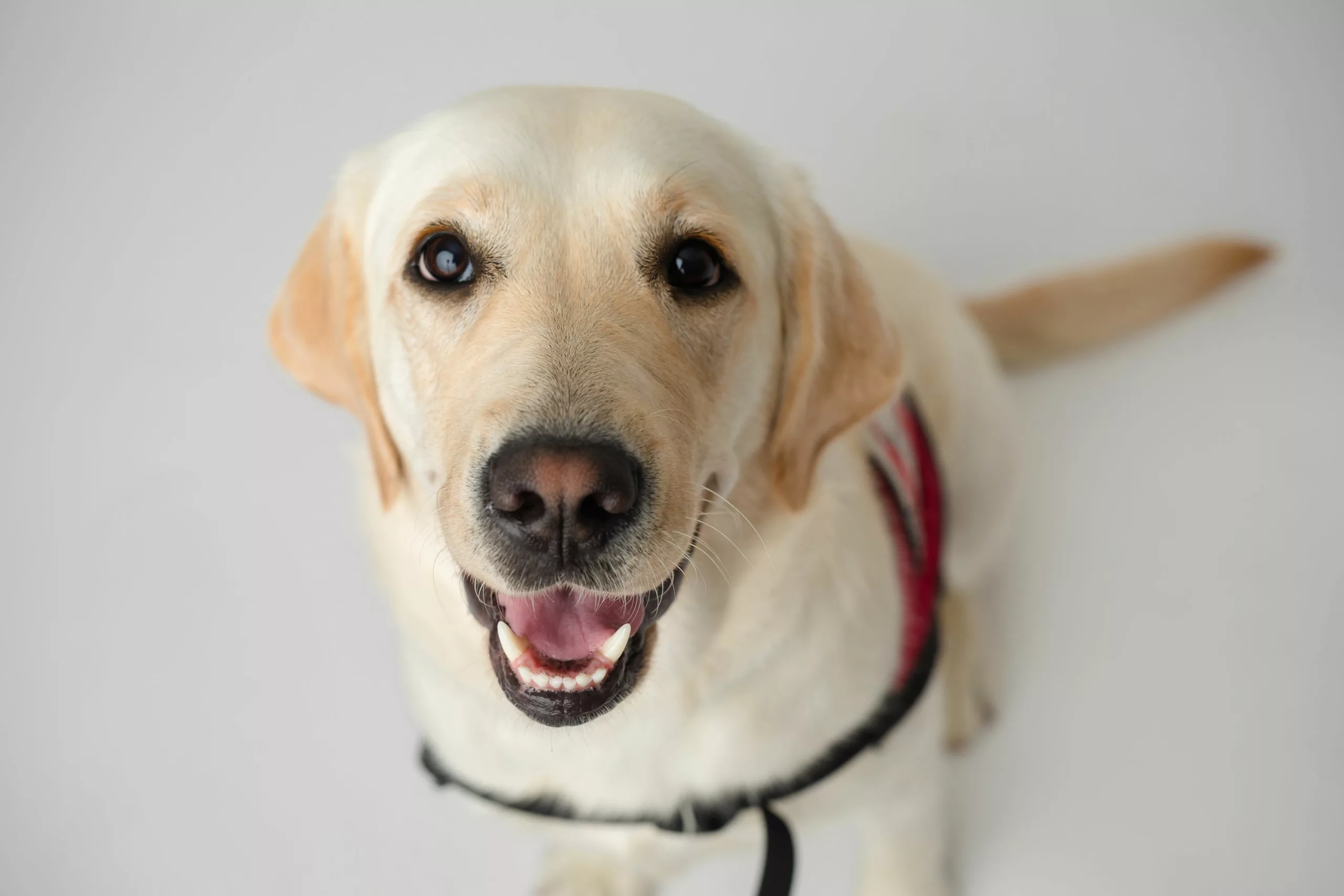Kara was born with a metabolic bone disorder called Hypophosphatasia. She and the litany of doctors she met with for the first couple of decades of her life couldn’t identify what was causing her symptoms, though. She says there were clues along the way, including easily-fractured bones, missing teeth and her small stature. A range of diagnoses were suggested, including malnutrition at one point. Kara remembers thinking, “I’m a farm girl from Wisconsin. We are not malnourished. Definitely not.”
Finally in her late 20s, Kara became the first person in Wisconsin to be diagnosed with this condition. While it’s not necessarily a title that brings pride, Kara is glad she persisted in getting answers. She shares, “If you have something medically wrong or you do need help, don’t be afraid to ask. Don’t be afraid to keep digging. Don’t be afraid to get the answers you need, because you deserve it. There are people and programs out there that will help. You’re not selfish. You’re not causing a burden on someone. You can ask for help.”
That's just what Kara did. As her symptoms have increasingly progressed, she struggles with having to burden her family so much for the help she needs. This wife and mother of three explains, “I have some nerve issues in hands and feet. I drop things more easily. I don’t have as fast of a walking rate as a normal person. My bones right now are that of a 70-old-woman, so I don’t move or bend or stoop as a normal 30-year-old woman should.” Additionally, she experiences fatigue and headaches. “You learn to conserve your energy. I [can’t] do as many things as I [want] to,” says Kara.
 So she did some research and discovered that Can Do Canines dogs are available to Wisconsin residents. Soon, Mobility Assist Dog Fabian came on the scene, making them a family of six, not including the cats, chickens and ducks on the property that friendly Fabian unsuccessfully tries to fraternize with.
So she did some research and discovered that Can Do Canines dogs are available to Wisconsin residents. Soon, Mobility Assist Dog Fabian came on the scene, making them a family of six, not including the cats, chickens and ducks on the property that friendly Fabian unsuccessfully tries to fraternize with.
Fabian, who is curious, happy and mellow—or as Kara puts it: “the same speed as me,” is exactly the help Kara needs. He puts clothes into the laundry basket, opens and closes the fridge and tugs Kara’s socks off, just to name a few of his special skills. Kara admits she was a little nervous about having a large black Lab grab her sock. “That’s a lot of teeth coming at your toes,” she says, but reports, “He’s so good and gentle.” It’s those same toes that Kara says have become quite dexterous over the years with picking up items off the floor so she can prevent bending over. Now Fabian is her quick, picker-upper and Kara doesn’t have to rely on her family members for assistance. “I now have a sense of not only independence but freedom to do things or even just to be in the house in the morning [alone],” she says. ”I would feel panicked or stuck or just have to sit for a long time. Now I know I have help. I have a friend. I have support.”
With that support, Kara also has some of her hobbies back and more time to be with her family—whether that’s having more energy to watch movies with them or being able to go to the park and play with her kids again. “I don’t have as much fear anymore. I can go out the four little steps of my house. I can go out to the mailbox. I don’t have to worry. If something happens, he’s there,” she says of Fabian. “He’s such a Godsend.”
It’s no wonder Kara gets choked up thinking about what others have sacrificed to make this new reality possible for her. Through what she assures are “happy tears,” she conveys to Can Do Canines volunteers and supporters, “You’re not just raising a dog. You are giving someone an opportunity to do things that they might not have thought possible. You give them things that they can take back in their life. It’s immeasurable.”
Thank you to all those who made this partnership possible:
Great Start Home: Vickie Braml
Puppy Raiser: Jackson Correctional Institution
Special Thanks: Lindsay Merkel, Carol Middleton
Field Trainer: Mona Elder
You: Thank you for your donations!






